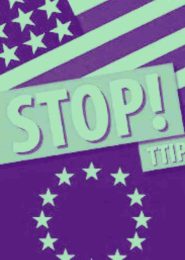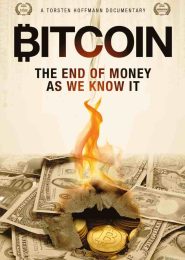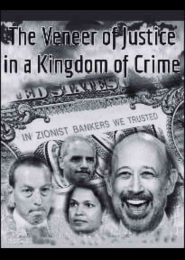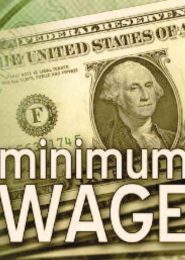Let’s Make Money (2008)
Let’s Make Money, an Austrian documentary released in 2008, delves into the intricate web of the worldwide financial system. Through a thought-provoking lens, the film exposes how the capitalist machinery thrives on exploiting not only the developed nations but also the developing world.
The film begins by tracing the hypothetical savings of an average depositor as they traverse the global financial landscape. Along the way, we witness exploitation at every turn, orchestrated by various financial agents striving for high returns. Interviews with investment managers, politicians, economists, and even the homeless and workers paint a vivid picture of the good guys versus the bad guys in this complex financial drama.
Key figures emerge:
- Mark Mobius: Managing funds with a staggering volume of approximately 12 billion dollars, he invests in emerging markets.
- Mirko Kovats: Among the 15 richest Austrians, he inspects an Indian firm, shedding light on the global economic power play.
- Terry Le Sueur: The finance minister of Jersey, explains the island’s transformation from agriculture and tourism to an international financial center and tax haven.
- Hermann Scheer: A German parliament member, he boldly criticizes the financial system.
- John Perkins: Formerly an “Economic Hitman,” he reveals the intricate dance of US politics in developing countries driven by economic interests.
The film’s beauty lies not only in its content but also in its visual composition and sound. While it doesn’t present a comprehensive alternative economic argument, Let’s Make Money wields overwhelming power. It evokes comparisons to art films like “Koyaanisqatsi,” a wordless indictment of the frenzy of modern life, leaving viewers with a haunting reflection on the global economic order.
In a world where money flows across borders, Let’s Make Money challenges us to consider the hidden costs—mass migrations, ecological degradation, and even war—associated with our financial choices. As we follow the money, we confront uncomfortable truths about the system that shapes our lives.




